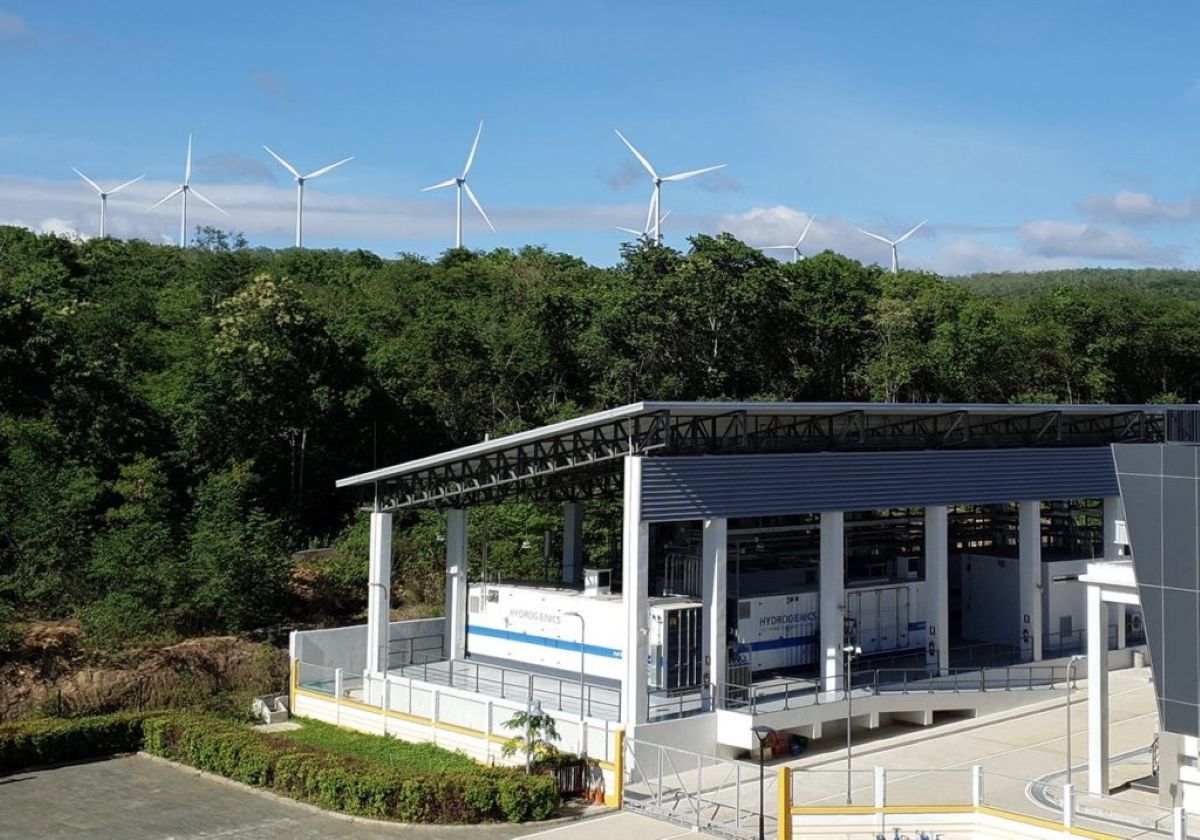Energy minister pushes ahead with hydrogen and nuclear strategy
Thailand eyes hydrogen and SMRs in bid to meet 2050 net-zero goal

Thailand’s Energy Minister Auttapol Rerkpiboon says he will pursue long-term clean energy projects, including hydrogen and nuclear development, despite the limited time under the current government’s term.
Speaking yesterday, November 9, Auttapol said he aims to lay the groundwork for initiatives that may not be completed before the administration steps down. Prime Minister Anutin Charnvirakul has pledged to dissolve Parliament early next year, leaving only four months for immediate policy rollouts.
The Quick Big Win campaign, promoted by the current government, focuses on fast-tracked initiatives that deliver immediate results. Auttapol said he would pursue these alongside larger energy policies designed to support Thailand’s net-zero goal.
Auttapol announced plans to position Thailand as Southeast Asia’s hub for green hydrogen, adding to past ambitions that focused on electric vehicles, aviation, and the medical sector.

Green hydrogen is produced by using renewable electricity to split water into hydrogen and oxygen. It can be used in manufacturing, power generation, and fuel cell vehicles. The minister said hydrogen will be key to reducing emissions and accelerating Thailand’s transition to a low-carbon society.
Thailand currently aims to reach net-zero emissions by 2050, 15 years earlier than its original 2065 target.
Energy officials are now developing a plan to use hydrogen and ammonia as alternatives to oil. Ammonia, which contains 17.6% hydrogen by weight, is seen as a practical hydrogen carrier due to its stability and ease of transport.
Auttapol said the ministry would introduce tax incentives and support investment in hydrogen production and distribution infrastructure.
The energy minister also signalled renewed interest in nuclear power, specifically small modular reactors (SMRs), which offer lower capacity but higher safety potential.
SMRs generate up to 300 megawatts per unit, about one-third the output of traditional nuclear reactors, and often use passive cooling systems, reducing reliance on external power for safety.
Although nuclear energy was included in the 2010 national power development plan, the proposal was shelved after the 2011 Fukushima disaster in Japan.
As energy minister, Auttapol has proposed a 540-billion-baht investment plan to expand Thailand’s carbon capture and storage technology nationwide as part of Thailand’s net-zero strategy.
Latest Thailand News
Follow The Thaiger on Google News:


























